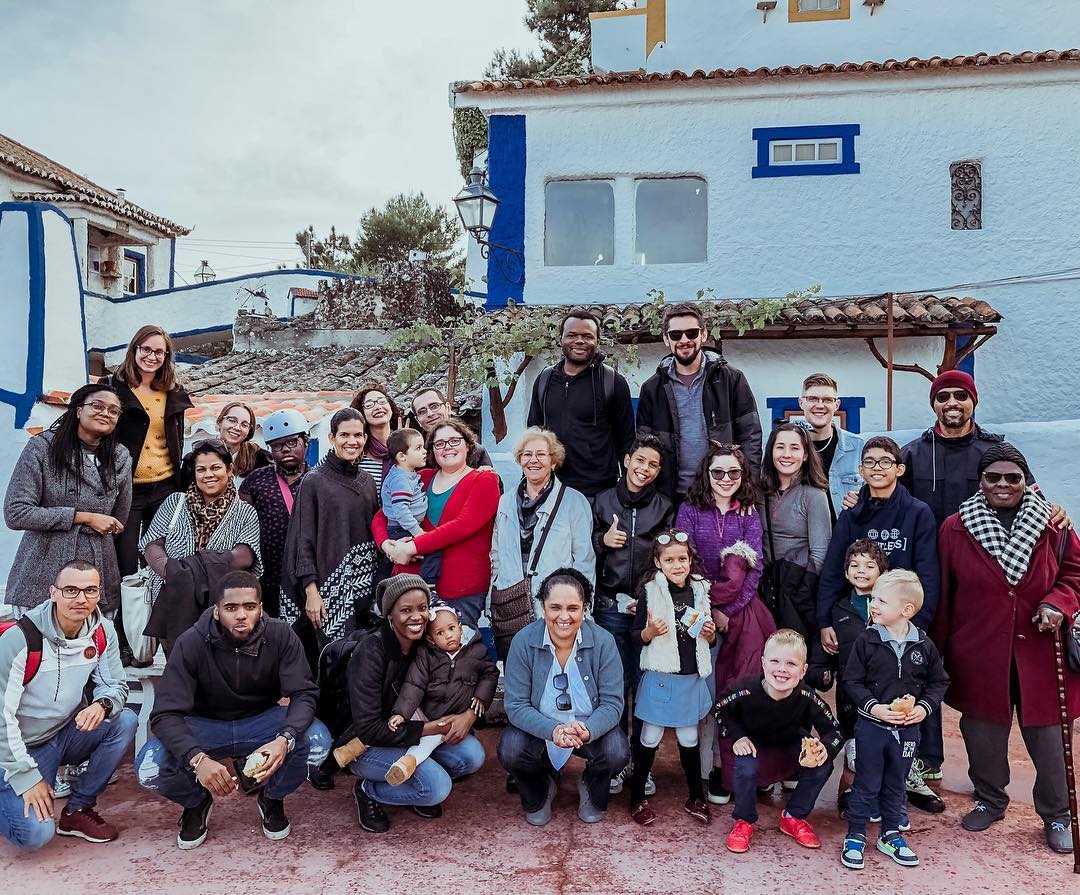-
Missional Frontier: Uruguay
Uruguay has an extension of 176.215 Km². It borders with Brazil in the north, and with Argentina in the west along the Uruguay River and the south along La Plata River, as well as the Atlantic Ocean. There were 3,500,000 inhabitants in the country in 2010, half of which live in and around the Capital,
-
Missional Frontier: Portugal
Mennonite Churches in Portugal Background In September 2020, our association went through some profound changes in its structure. First, we saw some board of administration members and church leaders leave the association for different reasons. A pastoral couple, Kardoso Mente and Maria Efekele, left Portugal to start a new journey in France. Kardoso used to
-
Missional Frontier: Kenya
A Mission Story of KMC – witnessing in faith Country context in Brief Kenya Mennonite Church (KMC) is a conference registered in The Republic of Kenya. Kenya has a total land area of 581,309km2. Around 9.5% of this total land area is arable. The population is 48 million with a growth rate of 2.3%. Women
-
Missional Frontier: DRC
Mennonite churches in Democratic Republic of Congo Background The Democratic Republic of Congo is a country located in Central Africa, inhabited by nearly 80 million people, belonging to500 tribes and living on a surface of 2 345 410 square kilometers. The country experienced two waves of evangelism. The first evangelism occurred during the15thcentury through the
-
Methods and curriculum for teaching mission from an Anabaptist perspective
Lawrence YoderAAM MeetingEMS 12/8/00 “Methods and curriculum for teaching missions from an Anabaptist perspective” As look at the issues of teaching Christian mission, a very basic challenge is to invite students to discover God’s mission, and to get on board with what God is doing and wants to do in the world. The basic prayer
-
Mennonite Quarterly Review 95
Baptism and Incorporation into the Body of Christ, the ChurchLutheran-Mennonite-Roman Catholic Trilateral Conversations 2012–2017Report of the Lutheran-Mennonite-Roman Catholic Trilateral Dialogue Commission On behalf of The Lutheran World FederationMennonite World ConferencePontifical Council for Promoting Christian Unity The Mennonite Quarterly Review 95 (January 2021) In This IssueBaptism and Incorporation into the Body of Christ, the Church: Lutheran-Mennonite-Roman
-
Making peace a way of life
During the past two years, MWC asked member conferences for accounts of experiences in peacemaking. MWC’s Peace Council considered these stories during two days of meeting in Bulawayo, Zimbabwe, in August 2003. The following summary was developed out of that discussion. 1. Continuum of peacemaking activities: All Christians are called to be peacemakers, but this
-
Living the Christian Life in Today’s World: Adventists and Mennonites in Conversation, 2011-2012
A Conversation between Mennonite World Conference and the Seventh-day Adventist Church 2011-2012 In 2011 and 2012, representatives of the General Conference of Seventh-day Adventists and of the Mennonite World Conference met together for official conversations. In many respects the meetings proved to be a journey of mutual discovery. Background Mennonites and Adventists have had frequent
-
History of MWC
The Anabaptist movement dates its formal beginnings to 21 January 1525, when a group of young people gathered in a home close to the Grossmnster cathedral in Zurich, Switzerland, to commit adult baptism, a subversive act at the time.
